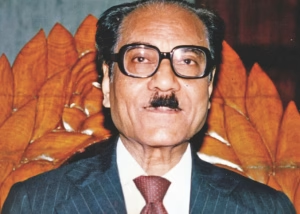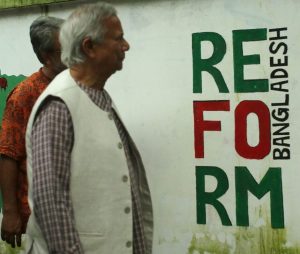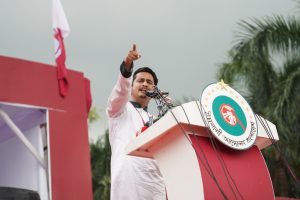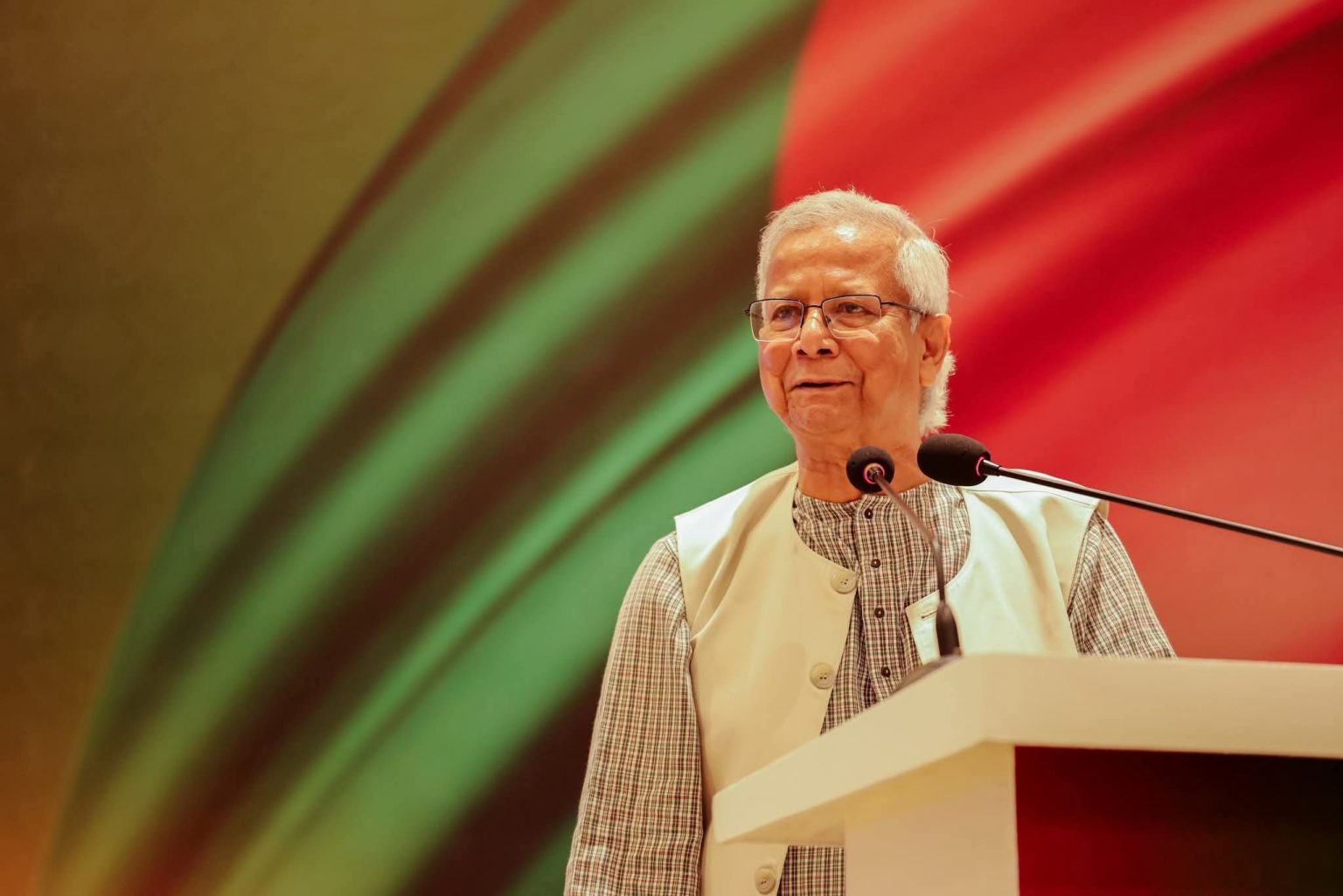The caretaker government system in Bangladesh has long served as a crucial safeguard for ensuring free and fair elections. Established to provide a neutral, non-partisan administration to oversee national elections, the system played a vital role in stabilising the country’s often turbulent political landscape. Yet its abolition in 2011, and the move for reinstatement in 2024, have reignited fierce debates over its role, jurisdiction, and relevance in the twenty-first century.
The rise, evolution, and abolition
The caretaker government system emerged out of necessity in a deeply polarised political environment. Following the collapse of military rule in 1990, a non-partisan administration led by Chief Justice Shahabuddin Ahmed oversaw the 1991 general elections, restoring parliamentary democracy after years of authoritarian rule.

This success laid the groundwork for the 13th Amendment to the Constitution in 1996, which formalised a non-partisan caretaker government tasked with conducting parliamentary elections within 90 days of dissolving parliament. The amendment followed intense opposition protests and boycotts of the 1996 election, reflecting the public’s deep distrust of partisan electoral oversight.
Caretaker governments successfully oversaw elections in 1996, 2001, and 2008, earning praise for ensuring fair electoral processes. However, cracks began to show during the caretaker administration under president Iajuddin Ahmed in 2006, which later paved the way for an exceptional two-year caretaker period under Fakhruddin Ahmed. Backed by the military, that government extended far beyond its constitutional mandate and undertook sweeping reforms.
In 2011, the Awami League-led government abolished the caretaker system through the 15th Amendment, arguing that it was undemocratic and vulnerable to abuse. The Supreme Court had already declared the 13th Amendment unconstitutional but permitted its continued use for two more elections as a transitional measure. Following its formal abolition, Bangladesh experienced controversial elections in 2014, 2018, and 2024, with allegations of boycotts, voter suppression, and fraud fuelling demands for the caretaker framework’s reinstatement.
The monsoon revolution and return
The push for reinstating the caretaker system in 2024 was triggered by a student-led mass uprising which eventually ousted prime minister Sheikh Hasina from her more than fifteen-year rule. After weeks of mass mobilisation, Hasina resigned and fled to India on 5 August, 2024.
To address the resulting constitutional vacuum, an interim administration led by Nobel laureate Muhammad Yunus was appointed on 8 August, 2024. Later that year, the High Court struck down sections of the 15th Amendment and restored the caretaker government system, reasoning that a neutral interim administration was essential to safeguard free and fair elections.
Jurisdiction, formation, and challenges
The reinstatement move of the caretaker government has not ended debate; rather, it has introduced fresh challenges around jurisdiction, legitimacy, and long-term viability.

Jurisdiction remains a critical sticking point. Historically, caretaker administrations were granted 90 days to organise elections with limited authority to govern beyond essential matters. However, past overreach, particularly under Fakhruddin Ahmed, has sparked calls for clearer constitutional guardrails to prevent unelected interim governments from exceeding their mandate.
Professor Ali Riaz, vice president of the National Consensus Commission, recently observed that while political parties broadly support reviving the caretaker framework, they remain divided over the extent of its authority and specific powers.
The method for appointing the chief adviser is another contentious issue. The 13th Amendment had outlined six fallback options, including allowing the president to step in if no consensus emerged. However, the controversial appointment of president Iajuddin Ahmed as chief adviser in 2006 has fuelled demands for a new system.
Currently, the BNP and the National Citizen Party (NCP) argue for a fully political consensus-based mechanism, rejecting any judicial or presidential role. By contrast, Jamaat-e-Islami supports retaining a judicial function to help ensure impartiality. Various proposals include creating an All-Party Parliamentary Committee or even a National Constitutional Council to nominate the caretaker head.
Constitutional challenges also persist. Bangladesh’s current constitution does not provide for an unelected interim government, raising serious legal ambiguities. The Supreme Court’s advisory opinion has been sought to clarify whether the Yunus-led interim administration can be ratified retroactively. Political observers warn that unless these questions are resolved, the caretaker system could once again face legitimacy crises.
Political perspectives
Across the political spectrum, views remain sharply divided. Muhammad Yunus, serving as the current Chief Adviser, has pledged to deliver the reforms needed to ensure credible national elections by in early 2026. BNP leaders broadly support reinstating the caretaker system but insist on a new, inclusive appointment process to avoid repeating past controversies. Jamaat-e-Islami maintains that a judicial role is essential to guarantee impartiality.
The Awami League, having historically opposed the caretaker system, has stayed away from recent negotiations following Sheikh Hasina’s departure. Meanwhile, the NCP supports a fully parliamentary, all-party nomination committee, rejecting any presidential or judicial appointment mechanisms.

Prospects and challenges ahead
While the revival of the caretaker government system has rekindled hopes for restoring electoral credibility, its long-term success is by no means guaranteed. Ongoing disputes over its jurisdiction, the appointment of its leadership, and its constitutional footing could undermine its mission if not resolved with care.
At the same time, the Yunus administration faces wider pressures: rebuilding public trust, maintaining essential services, addressing the Rohingya refugee crisis, and managing tense relations with neighbouring India. The European Union and other international partners have urged Bangladesh to ensure inclusive, rights-based elections, adding further urgency to these reforms.
Looking forward, the National Consensus Commission and the caretaker authorities must balance non-partisanship with legitimacy, and stability with reform. Bangladesh’s democratic future will depend on their ability to build consensus and maintain a genuinely neutral caretaker framework capable of protecting free and fair elections in an increasingly polarised nation.
As the country prepares for its next election in 2026, the caretaker system once again stands at a crossroads, carrying both the hopes and the anxieties of a nation determined to safeguard its fragile democracy.


